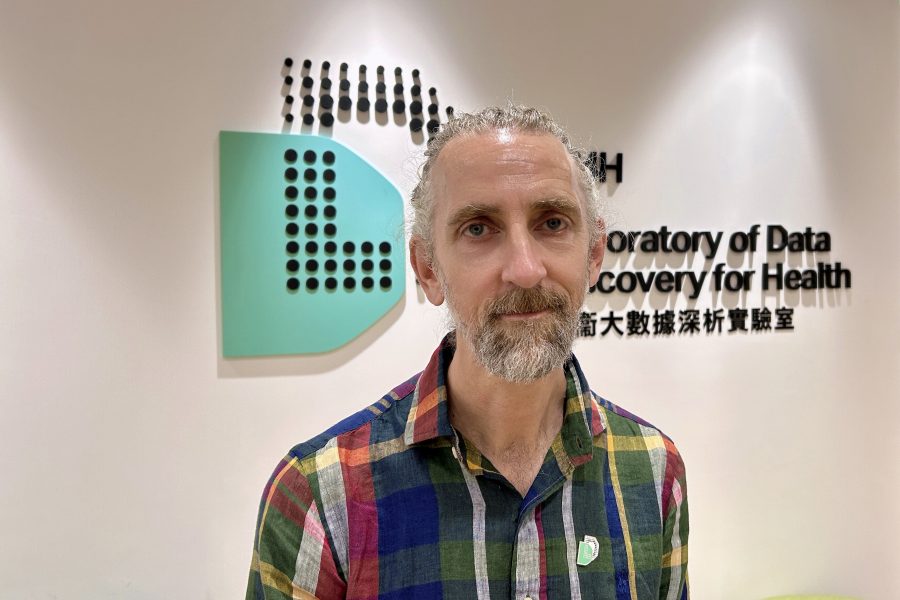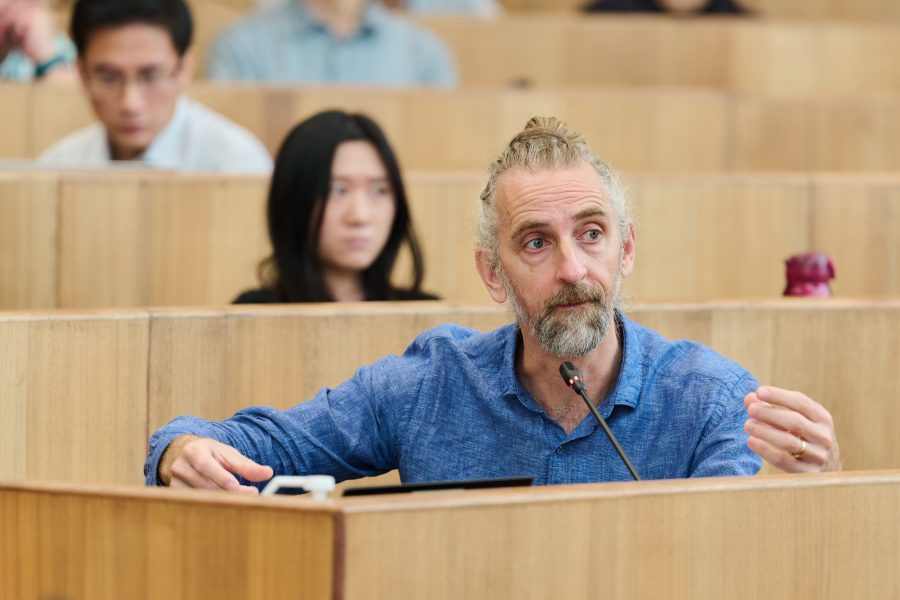An Interview with Professor Ian Douglas, Co-Principal Investigator of the D24H, and Professor of Pharmacoepidemiology of the London School of Hygiene and Tropical Medicine
The COVID-19 pandemic has provided valuable insights into the pivotal role of data selection, methodologies, and rapid response in healthcare research. Professor Ian Douglas, Co-Principal Investigator of the Laboratory of Data Discovery for Health (D24H), and Professor of Pharmacoepidemiology at the London School of Hygiene and Tropical Medicine, explores the trade-offs and future prospects, particularly in the field of pharmacoepidemiology. Amidst the challenges of the pandemic, international collaborations have enabled researchers to investigate vaccine safety and address critical questions using diverse data sources, however, caution shall be warranted in certain areas. Looking ahead, Professor Douglas envisions the expansion of data sources and the utilisation of real-time data, while presenting exciting prospects for pharmacoepidemiology, yet challenges particularly in maintaining public trust remains crucial for success in this evolving landscape.

Lessons Learned from the COVID-19 Pandemic
Professor Douglas emphasises that, from the early days of the pandemic, the selection of appropriate data and methodologies has played an important role in research. “For example, even long before the vaccines were developed and launched, we knew that we would need to investigate their safety rapidly. We worked collaboratively with regulators and international partners to ensure that we had already got protocols in place, so that as soon as the data became available, we knew exactly what to do and analyse,” said Professor Douglas.
He also believes that strengthened international collaborations have allowed researchers to triangulate results, as well as leverage partners with access to different kinds of data. This enables researchers to answer those questions not solely based on a single country’s data source but from a global perspective, which is essential for the research community.
Trade-offs of International Collaboration
Despite the benefits from these collaborations, Professor Douglas acknowledges potential trade-offs, possibly resulting in slight delays in disseminating research findings. “We need to be really careful about the validity of results. If we are conducting a single study on a single dataset, we may have the capacity to assess a lot of details for in-depth validation of everything we have implemented in the study. Moreover, we can address potential questions in diverse ways to really get to the “heart” of the data. When we pursue a much more international collaborative approach, there are of course advantages of scale, but when we delve into multiple outcomes and questions within several different settings, we may lose some of that important detail,” he cautions. Balancing the efficiency of collaboration with the need for comprehensive scrutiny remains a challenge.

Future Opportunities and Challenges in Pharmacoepidemiology
Professor Douglas anticipates that the future of pharmacoepidemiology will focus on opening up data sources. “What was really interesting at the start of the pandemic was that we were accustomed to working with data that might be six months or a year old. For most questions, that would be still feasible. However, in an emergency that was rapidly developing, year-old data would be inapplicable. So, we really needed to be able to access up-to-the-minute data. This is what the OpenSAFELY platform and others have inevitably pioneered by directly querying the data, as it sits with data custodians, allowing us to access genuinely up-to-the-minute data to ask questions, and I think that has been a really exciting opportunity.”
Although exciting, Professor Douglas also sees public trust as one of the key challenges to the development. He said, “It’s absolutely vital. In the United Kingdom, individuals are allowed to withdraw their consent for the data to be used for research. Now, if a small proportion of the population does that, that may be fine. But as soon as you encounter large groups of people withdrawing their data, as a result, the data are no longer representative. For us as researchers, that would be a big problem because we need the data to be as representative as possible.”


